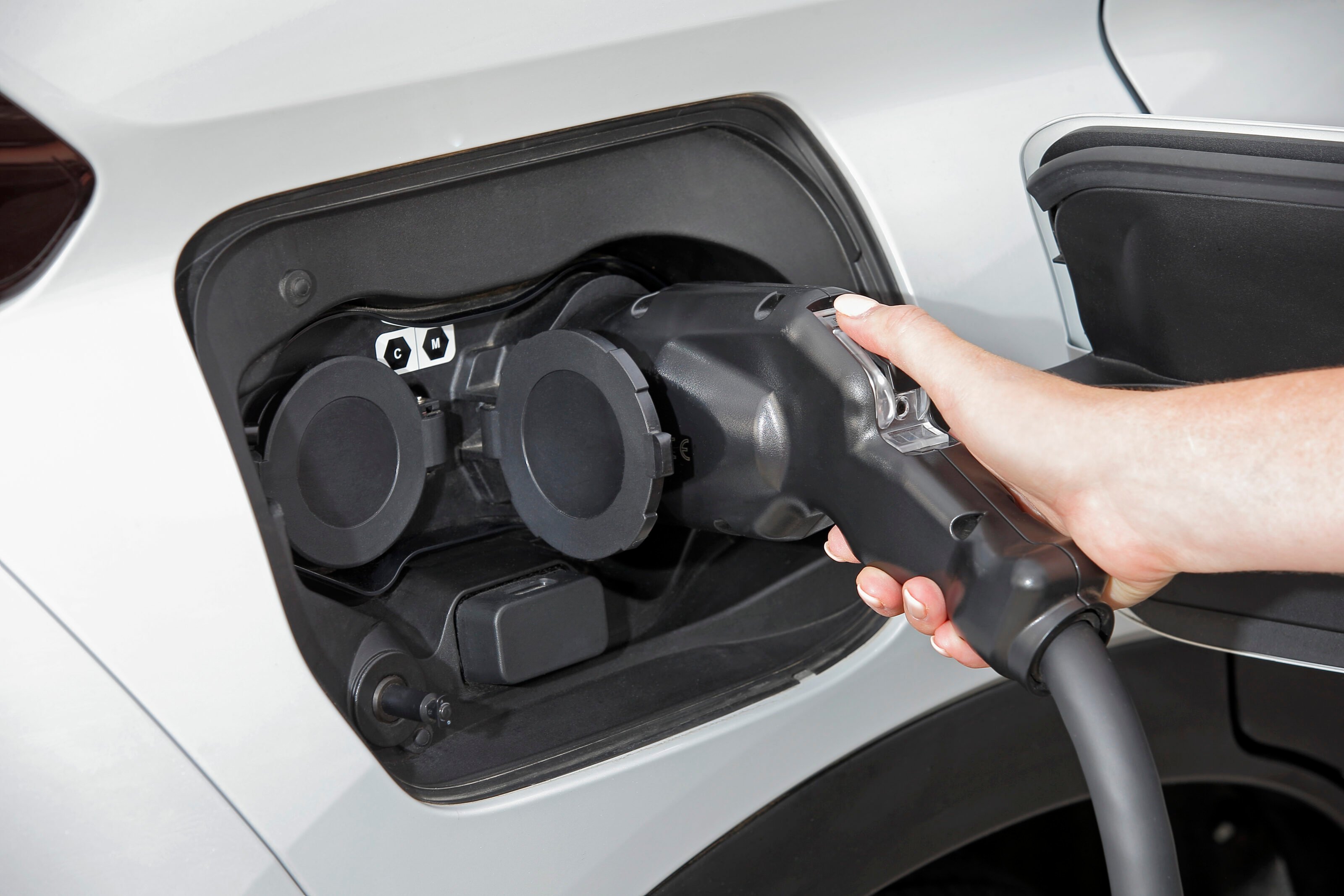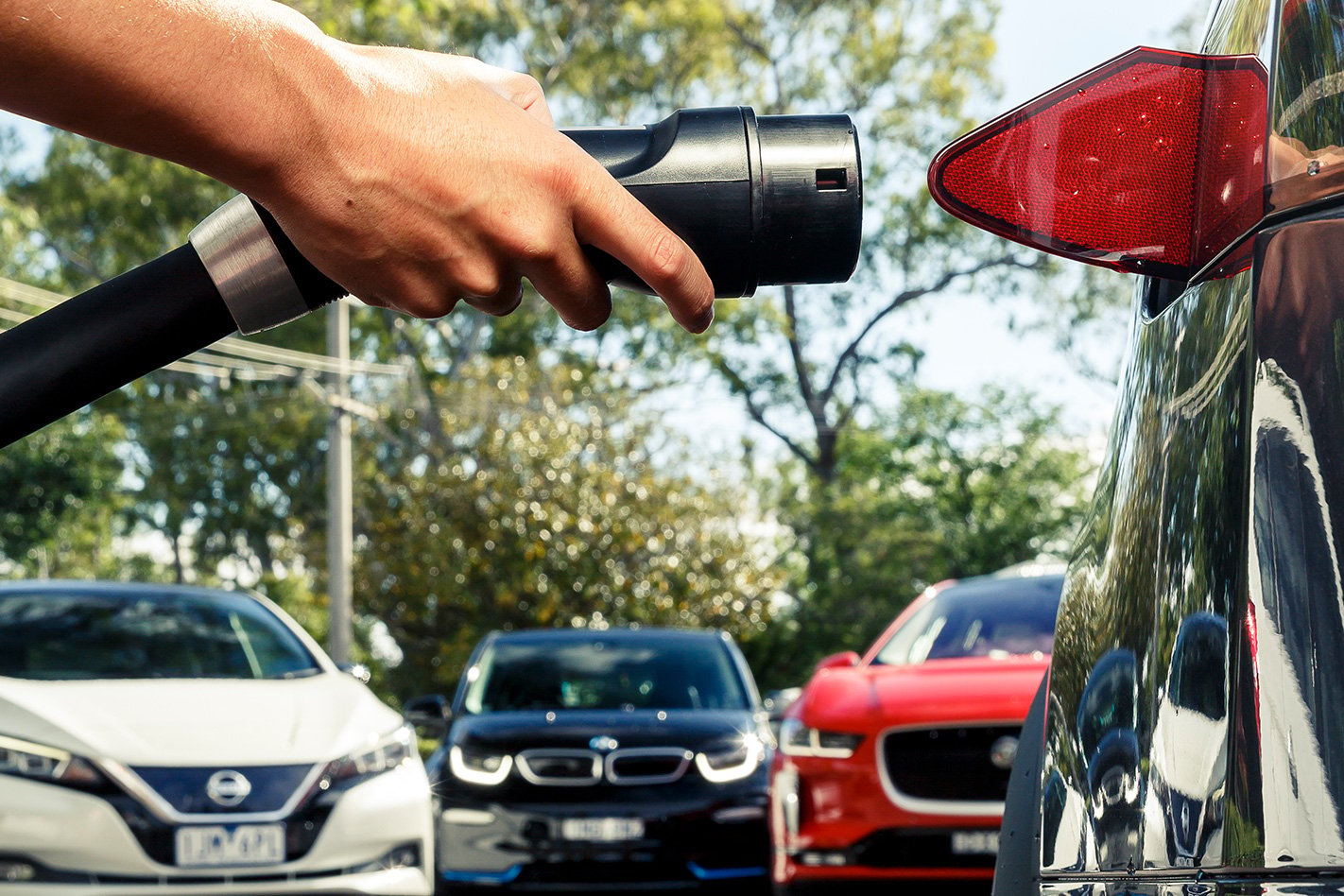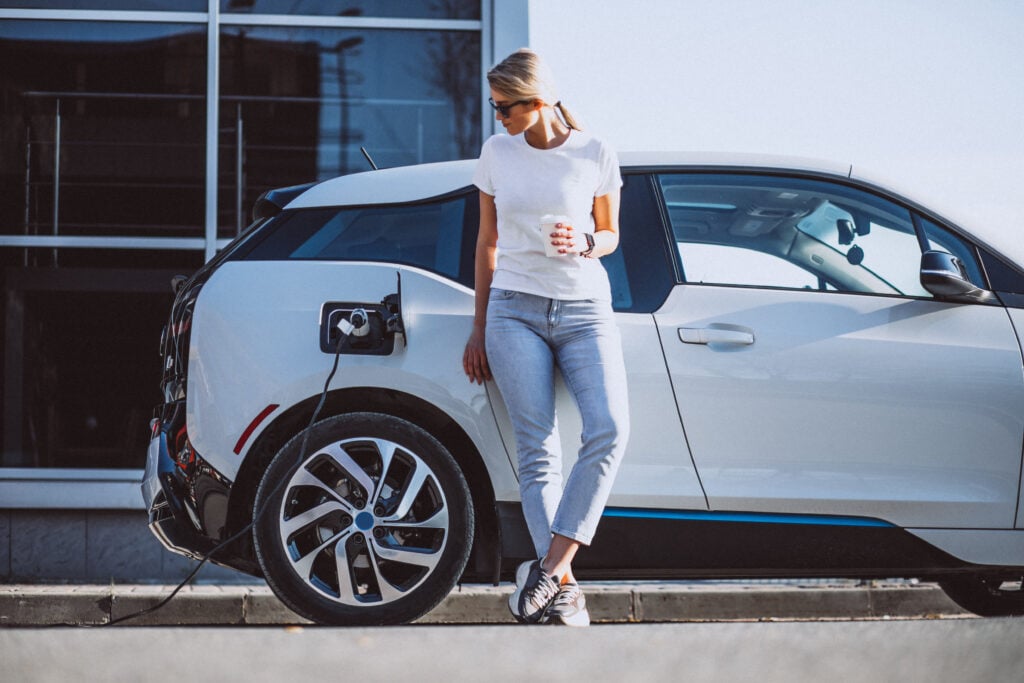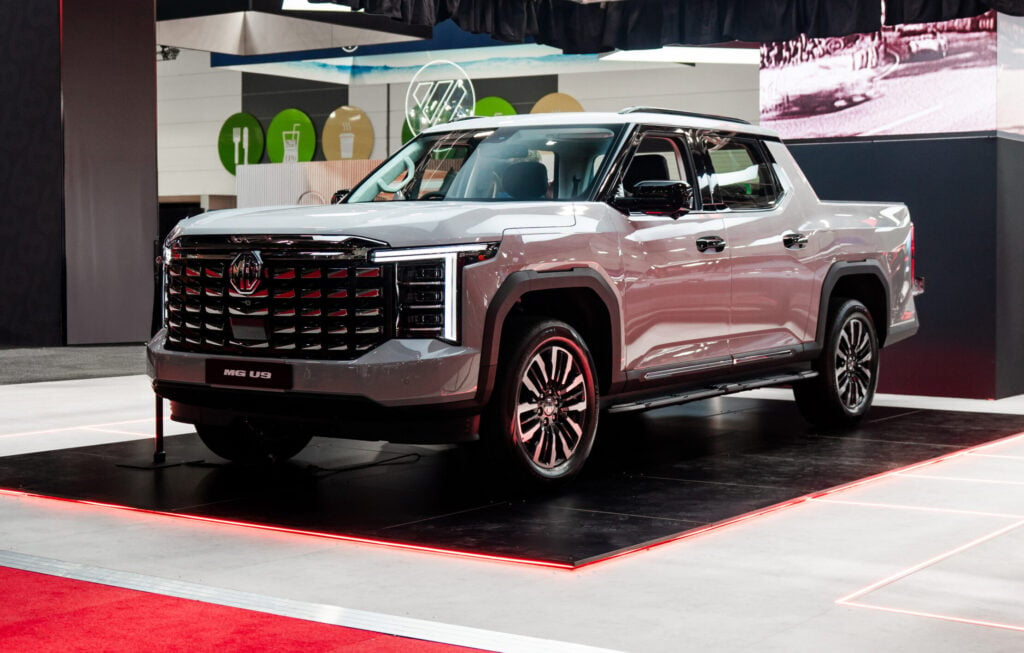
Australia’s electric vehicle (EV) owners may soon face a dedicated road user charge, ending what critics call their “free ride” on public infrastructure funding.
Currently, EV drivers avoid the 51.6 cents per litre fuel excise levied on petrol and diesel sales – a tax that raises billions annually for road maintenance and construction. The growth of Australia’s EV fleet, now exceeding 300,000 vehicles, has intensified concerns over falling excise revenue. This trend is compounded by more fuel-efficient petrol and diesel cars, with Treasury data showing fuel excise receipts have been in long-term decline since 2005.
Federal Treasurer Jim Chalmers has flagged the need for all motorists to “pay their fair share” for road use. According to The Australian, Chalmers is fast-tracking discussions on a modest EV road charge as part of an upcoming national economic reform roundtable with state treasurers, aimed at boosting productivity and reshaping the tax system.

Environment Minister Murray Watt confirmed on ABC News Breakfast that the government is in active consultation with states and territories following the 2023 High Court decision that invalidated Victoria’s EV road tax. The ruling found the levy to be a “duty of excise” – a tax only the Commonwealth can impose.
Watt stopped short of confirming any timeline or final structure for a national charge, but said it was “no secret” that the issue was a priority. Policy options could include a per-kilometre charge tracked via odometer readings or telematics, ensuring EV and hybrid drivers contribute proportionally to infrastructure funding.
Advocates for a national scheme argue the current gap unfairly shifts the cost burden onto drivers of internal combustion vehicles, despite EV owners using the same road network. Critics, however, warn that premature or poorly designed charges could undermine EV adoption just as Australia seeks to accelerate emissions reductions in transport.
The Electric Vehicle Council maintains that any new system must balance fairness with the need to encourage EV uptake, suggesting a phased approach that allows the market to mature.
For now, the specifics – including rates, collection methods, and start date – remain undecided. But with bipartisan recognition that fuel excise revenue is unsustainable in a decarbonising transport sector, a national EV road user charge appears increasingly inevitable.



